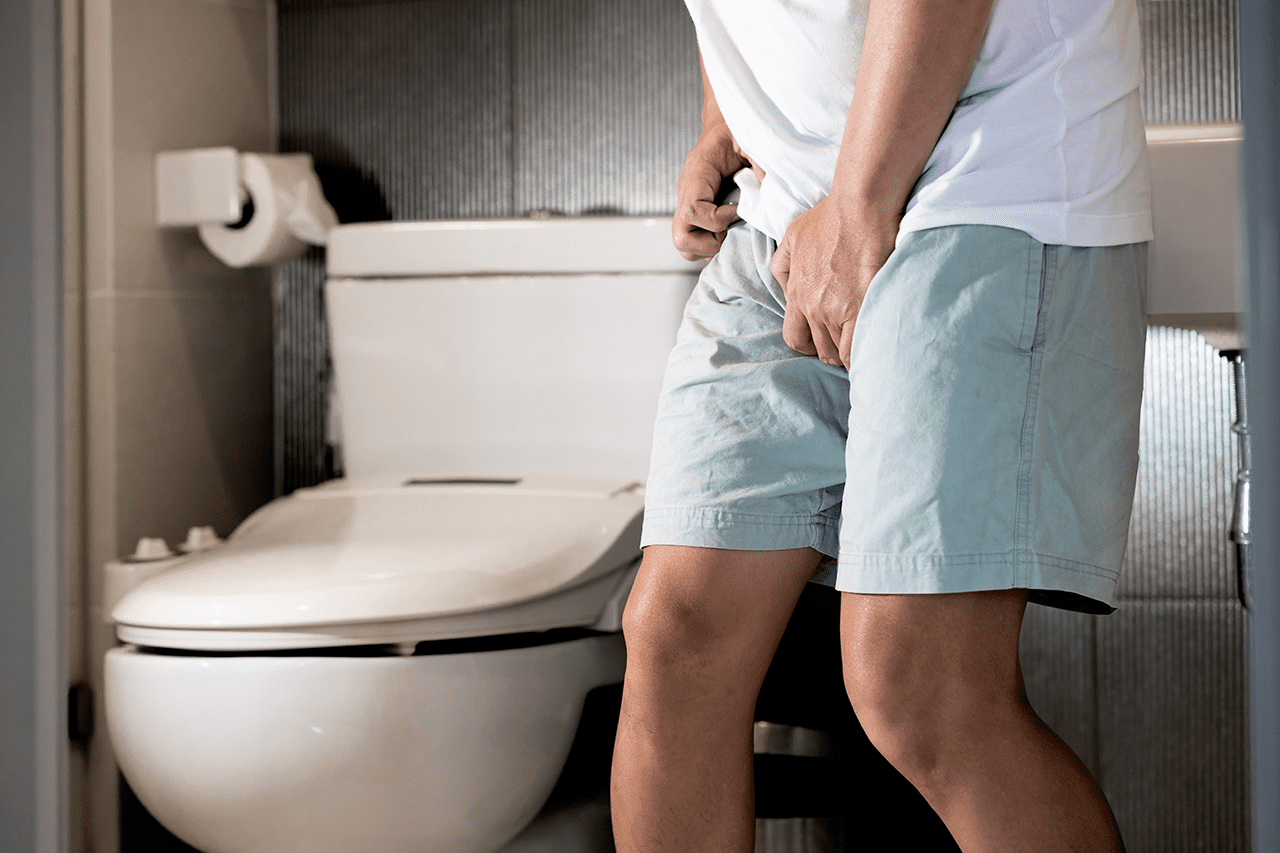
Urinary Incontinence or involuntary urination, is any involuntary leakage of urine. It can be a common and distressing problem, which may have a profound impact on quality of life. Urinary incontinence almost always results from an underlying treatable medical or surgical condition but is under-reported to medical practitioners.
Incontinence Causes:
Enlarged prostate is the most common cause of incontinence in men after the age of 40; sometimes prostate cancer may also be associated with urinary incontinence. Drugs, radiation, or surgery used to treat prostate cancer can also cause incontinence. Men tend to experience incontinence less often than women, and the structure of the male urinary tract accounts for this difference. Incontinence is common with all forms of prostate cancer treatments. While urinary incontinence affects older men more often than younger men, the onset of incontinence can happen at any age. Recent estimates by the National Institutes of Health (NIH) suggest that 17% of men over the age of 60, an estimated 600,000 men, experience urinary incontinence, with this percentage increasing with age.
Incontinence Treatment:
Incontinence is treatable and often curable at all ages. These treatments include urological procedures and sometimes surgical procedures that include Slings and Artificial Sphincters.
This post is also available in: Español 简体中文 Русский Portuguese

